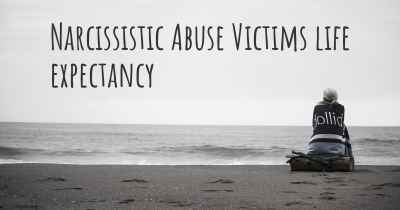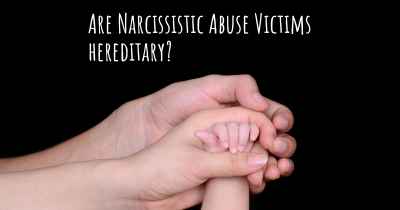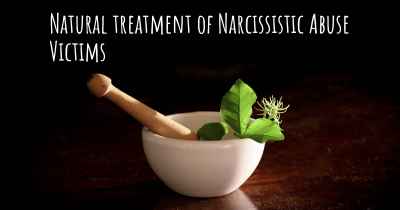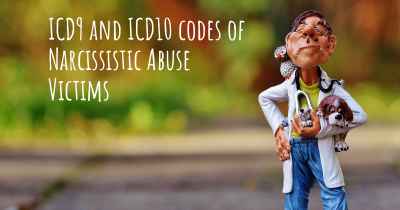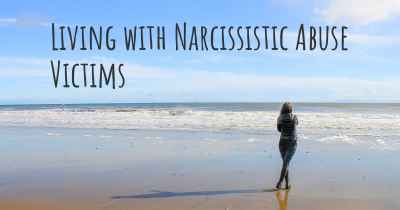How are Narcissistic Abuse Victims diagnosed?
See how Narcissistic Abuse Victims are diagnosed. Which specialists are essential to meet, what tests are needed and other useful information for the diagnosis of Narcissistic Abuse Victims

Narcissistic abuse is a form of psychological and emotional abuse inflicted by individuals with narcissistic personality disorder (NPD) on their victims. It can have severe and long-lasting effects on the victims' mental and emotional well-being. Diagnosing narcissistic abuse victims involves a comprehensive assessment by mental health professionals, considering various factors and symptoms.
1. Clinical Interview: The first step in diagnosing narcissistic abuse victims is a thorough clinical interview. Mental health professionals will gather information about the individual's experiences, relationships, and symptoms. They will explore the dynamics of the abusive relationship, patterns of manipulation, control, and emotional exploitation.
2. Assessment of Emotional and Psychological Symptoms: Narcissistic abuse victims often experience a range of emotional and psychological symptoms. These may include anxiety, depression, low self-esteem, feelings of worthlessness, shame, guilt, and a distorted sense of self. Mental health professionals will assess the severity and duration of these symptoms to determine their impact on the individual's functioning.
3. Trauma Assessment: Narcissistic abuse can cause significant trauma in victims. Mental health professionals will assess for symptoms of trauma, such as intrusive thoughts, nightmares, flashbacks, hypervigilance, avoidance behaviors, and emotional numbing. They will evaluate the impact of the abuse on the individual's overall well-being and functioning.
4. Evaluation of Cognitive Distortions: Victims of narcissistic abuse often develop distorted thinking patterns as a result of the manipulation and gaslighting they have experienced. Mental health professionals will assess for cognitive distortions, such as self-blame, self-doubt, minimizing the abuse, and rationalizing the abuser's behavior. These cognitive distortions contribute to the victim's difficulty in recognizing and escaping the abusive relationship.
5. Assessment of Relationship Patterns: Understanding the dynamics of the abusive relationship is crucial in diagnosing narcissistic abuse victims. Mental health professionals will explore the power imbalance, control tactics, and emotional manipulation employed by the narcissistic abuser. They will assess the victim's dependency on the abuser, fear of retaliation, and the impact of the abuse on their ability to establish healthy relationships.
6. Collaboration with Other Professionals: Diagnosing narcissistic abuse victims often requires collaboration with other professionals, such as domestic violence experts, trauma specialists, and legal professionals. This multidisciplinary approach ensures a comprehensive assessment and provides the necessary support and resources for the victim.
It is important to note that diagnosing narcissistic abuse victims is not about labeling or pathologizing the individual, but rather understanding the impact of the abuse on their mental and emotional well-being. A proper diagnosis helps mental health professionals develop an appropriate treatment plan tailored to the specific needs of the victim.
